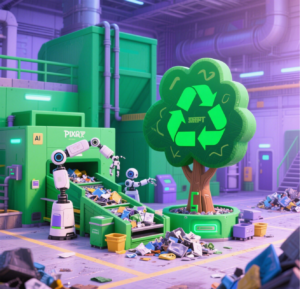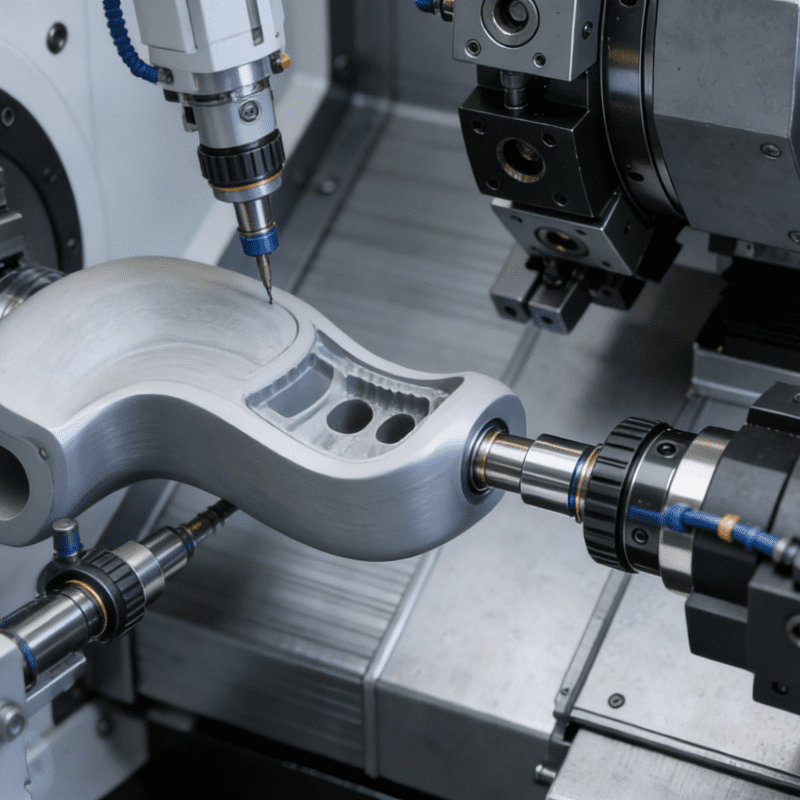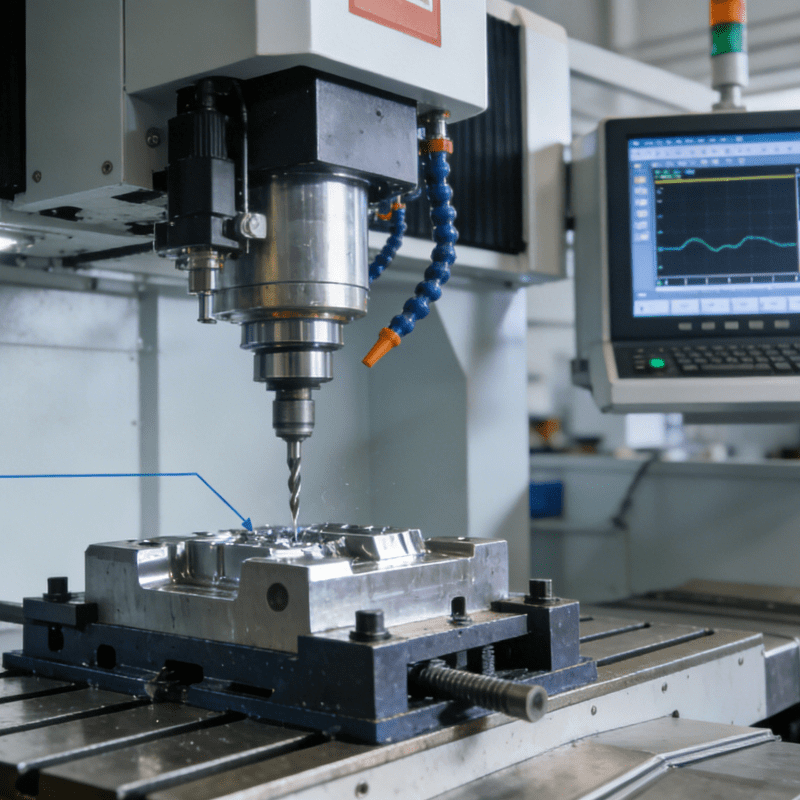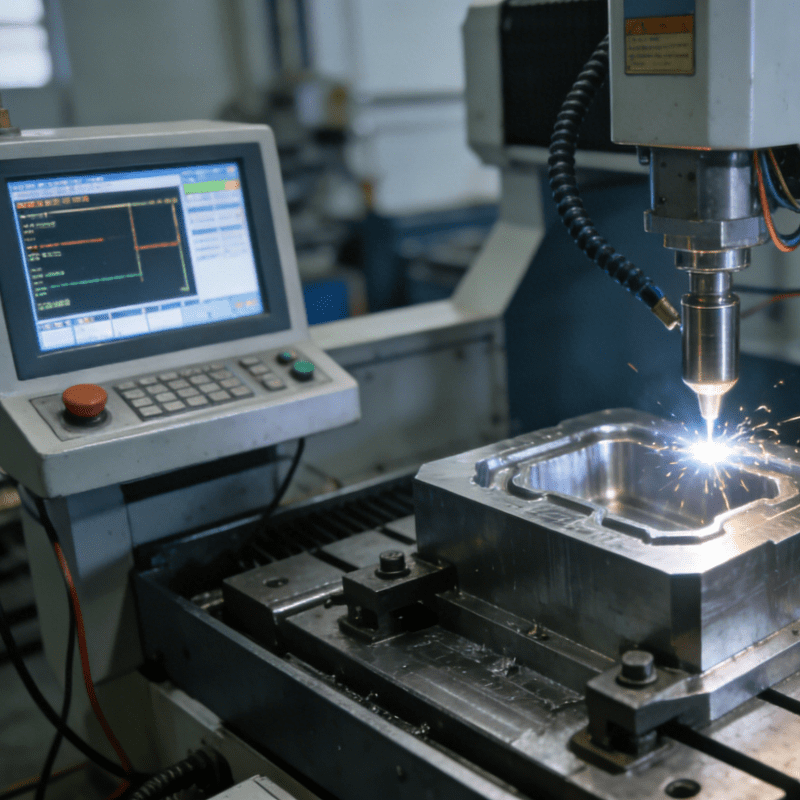
In the global race to tackle climate change, manufacturing stands at a critical crossroads. As one of the world’s most resource-intensive sectors—accounting for nearly a quarter of global energy consumption and 20% of carbon emissions—it faces immense pressure to reconcile production demands with planetary boundaries. Yet within this challenge lies opportunity: artificial intelligence (AI) is emerging as a transformative force, and Rockwell Automation is leading the charge to wield this technology for sustainable manufacturing. By integrating AI into industrial automation, the company is enabling factories worldwide to cut emissions, slash waste, and optimize resource use—proving that profitability and sustainability can thrive hand in hand.
At the heart of Rockwell’s approach is a simple yet powerful philosophy: sustainability isn’t an afterthought, but a core design principle. Unlike piecemeal solutions, Rockwell’s AI-driven tools connect people, processes, and machines into an intelligent ecosystem, creating holistic visibility and control over manufacturing operations. This “connected enterprise” model, spearheaded by Andrea Ruotolo, Global Head of Customer Sustainability at Rockwell Automation, bridges advanced technology with real-world environmental impact.
“AI isn’t just about efficiency—it’s about reimagining how factories interact with the planet,” says Ruotolo, who also leads ethical AI efforts as President for Canada on the Global Council for Responsible AI. “By turning real-time data into actionable insights, we’re shifting manufacturing from ‘reacting to problems’ to ‘preventing them.’”
Table of Contents
ToggleAI-Powered Tools: From Data to Decarbonization
Rockwell’s suite of AI-integrated solutions is engineered to tackle sustainability at every level of production, from individual machines to entire supply chains.
Take FactoryTalk® Analytics™ LogixAI®—a game-changer in predictive manufacturing. By embedding machine learning directly into industrial controllers, it empowers operators to anticipate equipment failures, adjust processes in real time, and avoid waste from defective products or unplanned downtime. Unlike traditional systems that rely on 事后 analysis, LogixAI® acts before issues arise: a car parts manufacturer using the tool, for example, reduced scrap rates by 18% and cut energy use by 12% in its stamping lines, simply by optimizing machine timing based on AI predictions.
For energy management, FactoryTalk® Energy Manager™ provides granular visibility into consumption patterns—tracking usage from individual motors to entire plant floors. A beverage producer in Europe used the tool to identify that 30% of its energy waste came from inefficiently scheduled cleaning cycles; by adjusting timelines based on AI recommendations, it slashed annual CO₂ emissions by 2,300 tons.
In water-intensive sectors, Rockwell’s AI-driven control systems are equally transformative. Partnering with California’s Eastern Municipal Water District, the company integrated machine learning into wastewater treatment operations, focusing on aeration—the single largest energy drain in such facilities. The result? A 31% reduction in aeration energy use, alongside improved water quality and lower chemical consumption. “It’s not just about saving energy,” notes Ruotolo. “It’s about proving that AI can make even the most resource-heavy processes sustainable.”
Real-World Impact: From Wastewater to Plant-Based Protein
Rockwell’s AI solutions shine brightest in sector-specific challenges. In food production—where sustainability meets soaring demand—its collaboration with Meati Foods, a maker of mushroom root-based meat alternatives, exemplifies this.
Meati’s production requires precise control over temperature, humidity, and nutrient delivery to scale its plant-based proteins efficiently. Rockwell, working with system integrator Cybertrol Engineering, deployed AI-optimized automation to monitor and adjust these conditions in real time. The result: a 27% reduction in energy use per kilogram of product and a 40% drop in water waste, all while ramping up production to meet consumer demand. “This isn’t just automation—it’s sustainability by design,” says Ruotolo.
Leading by Example: Responsible AI and Internal Action
Rockwell doesn’t just advise on sustainability—it lives it. The company uses its own AI tools, including FactoryTalk® Energy Manager™, to track and optimize energy use across its 100+ global facilities. At its Milwaukee headquarters, for instance, AI-driven lighting and HVAC adjustments cut annual energy consumption by 15%, while predictive maintenance on production lines reduced equipment waste by 22%.
Crucially, Rockwell’s AI innovation is grounded in responsibility. Its governance frameworks, shaped by Ruotolo’s work with the Global Council for Responsible AI, ensure that tools like FactoryTalk Analytics™ GuardianAI™—which predicts equipment failures using existing sensor data—operate transparently, with minimal bias and maximum accountability. “Sustainability can’t come at the cost of ethics,” Ruotolo emphasizes. “Our AI is built to serve both the planet and the people who use it.”
Shaping Tomorrow: AI as the Cornerstone of Sustainable Manufacturing
As regulations tighten and consumer demand for eco-conscious products grows, AI will only become more central to manufacturing’s sustainability journey. Rockwell is already looking ahead: its research labs are exploring AI applications for circular manufacturing—designing systems that recycle waste into raw materials—and developing machine learning models to predict and reduce Scope 3 emissions across supply chains.
“Our mission is simple,” Ruotolo concludes. “We’re combining human ingenuity with AI’s power to make sustainable manufacturing not just possible, but profitable and scalable. The future of industry isn’t about choosing between production and the planet—it’s about using technology to excel at both.”
In Rockwell’s vision, the factory of tomorrow isn’t just a place of production—it’s a force for good, where every machine, every process, and every decision works in harmony with the world we share.



















